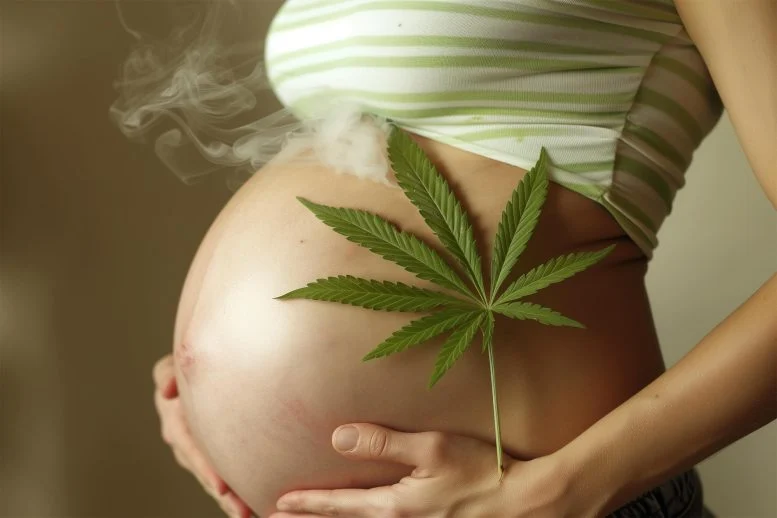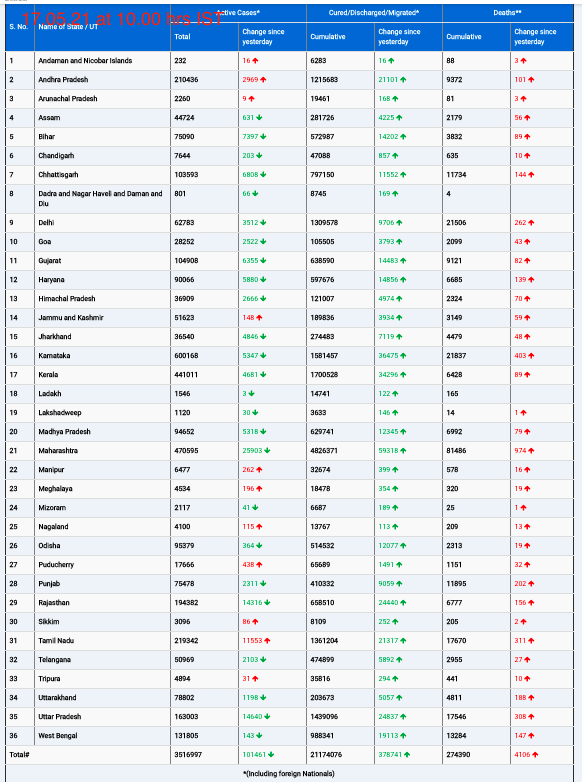A recent study published in the Journal of Studies on Alcohol and Drugs suggests that mandatory warning signs at cannabis dispensaries about the risks of cannabis use during pregnancy may not be effective in discouraging use. The research, led by Dr. Sarah C. M. Roberts of the University of California, San Francisco, highlights that some pregnant individuals distrust these warnings, perceiving them as stigmatizing rather than informative.
Effectiveness of Warning Signs Questioned
The study, based on interviews with 34 pregnant or recently pregnant individuals who had used cannabis, found that many respondents questioned the scientific basis of the warnings. More than half of those interviewed reacted negatively to the signs, expressing skepticism about the evidence supporting claims of harm. Some even reported that the warnings deterred them from seeking healthcare due to fear of judgment.
Cannabis use during pregnancy has been linked to increased risks of low birth weight and potential cognitive, behavioral, and emotional issues in children. However, the exact effects remain less well understood compared to those of alcohol and other substances.
Diverse Reactions to Messaging
Researchers found that different types of messages elicited varying responses from participants. Warnings that stated “There is no safe level of cannabis use during pregnancy” were often viewed as overly negative, while messages offering alternative solutions to morning sickness received mixed reactions. Messages encouraging individuals to conduct their own research were generally better received.
Key Themes Identified
Three major themes emerged from the study:
- Many participants felt that warning signs were irrelevant or unhelpful, and in some cases, they even discouraged healthcare engagement due to perceived stigma.
- A significant portion of participants (18 out of 34) believed there was insufficient scientific evidence to justify the warnings.
- Nearly half of respondents (16 out of 34) stated that the warnings would not influence their decision to use cannabis during pregnancy.
Call for Evidence-Based Communication
With nearly half of U.S. states legalizing recreational cannabis, public health officials are seeking ways to effectively communicate potential risks. Dr. Roberts emphasizes the need to involve those who use cannabis during pregnancy in the development of public health messages, ensuring that warnings are both evidence-based and perceived as credible.
Disclaimer: This article is for informational purposes only and does not constitute medical advice. Individuals who are pregnant or considering pregnancy should consult healthcare professionals for guidance on cannabis use.
For further details, refer to the study: Gould, H., et al. Mandatory warning signs for cannabis: Perspectives and preferences of pregnant and recently pregnant people who use cannabis. Journal of Studies on Alcohol and Drugs, (2024). doi.org/10.15288/jsad.23-00214.












